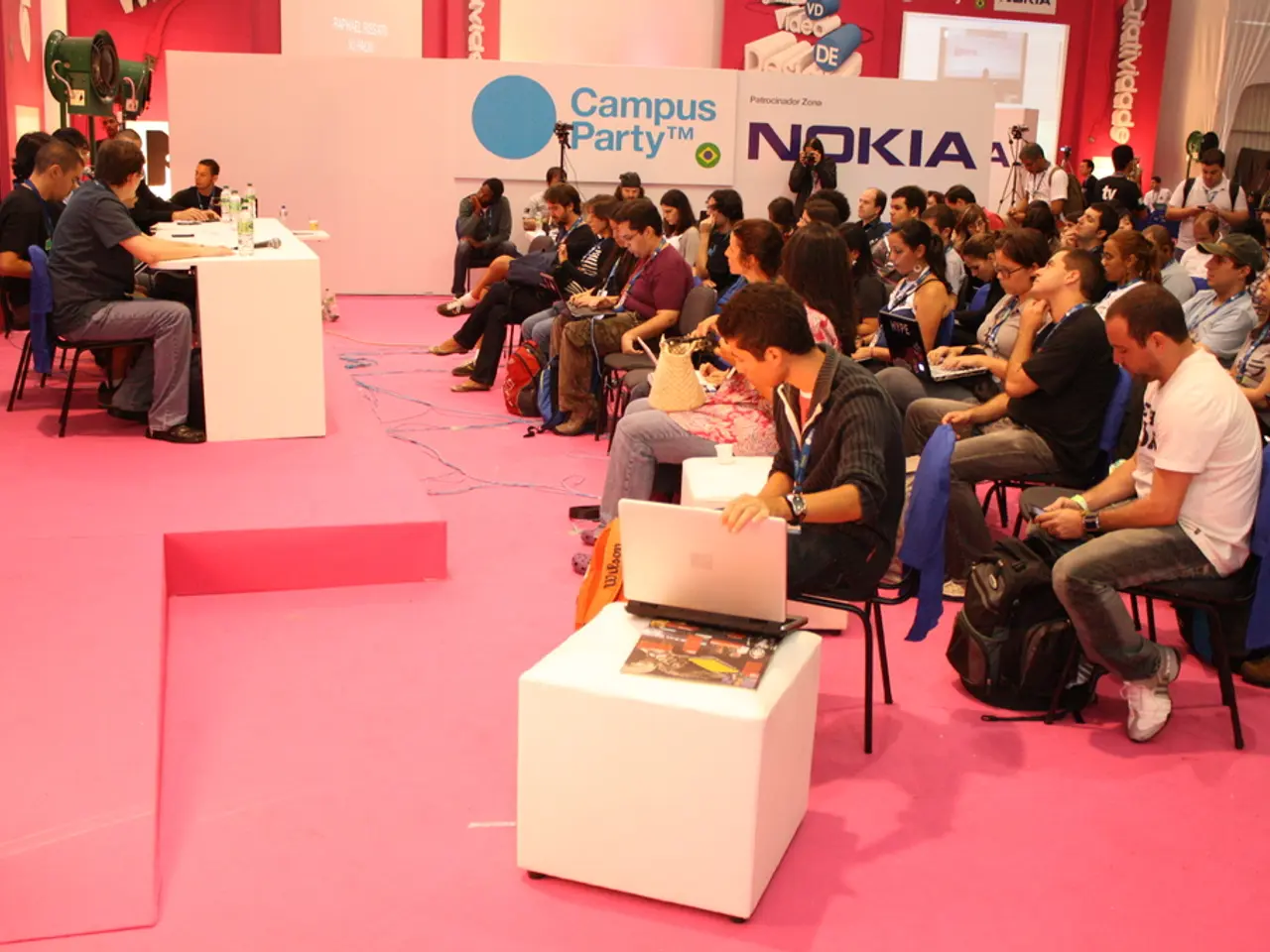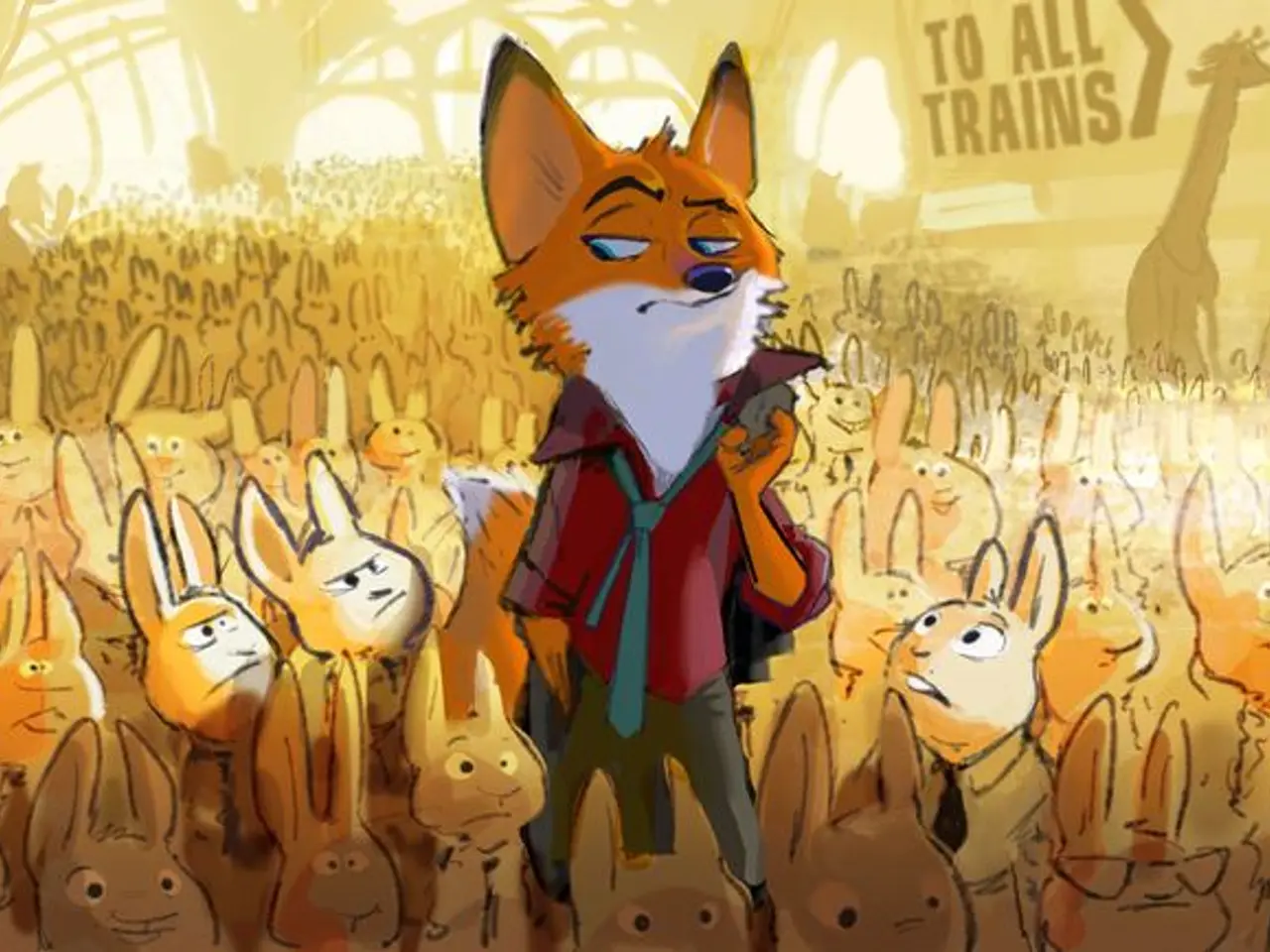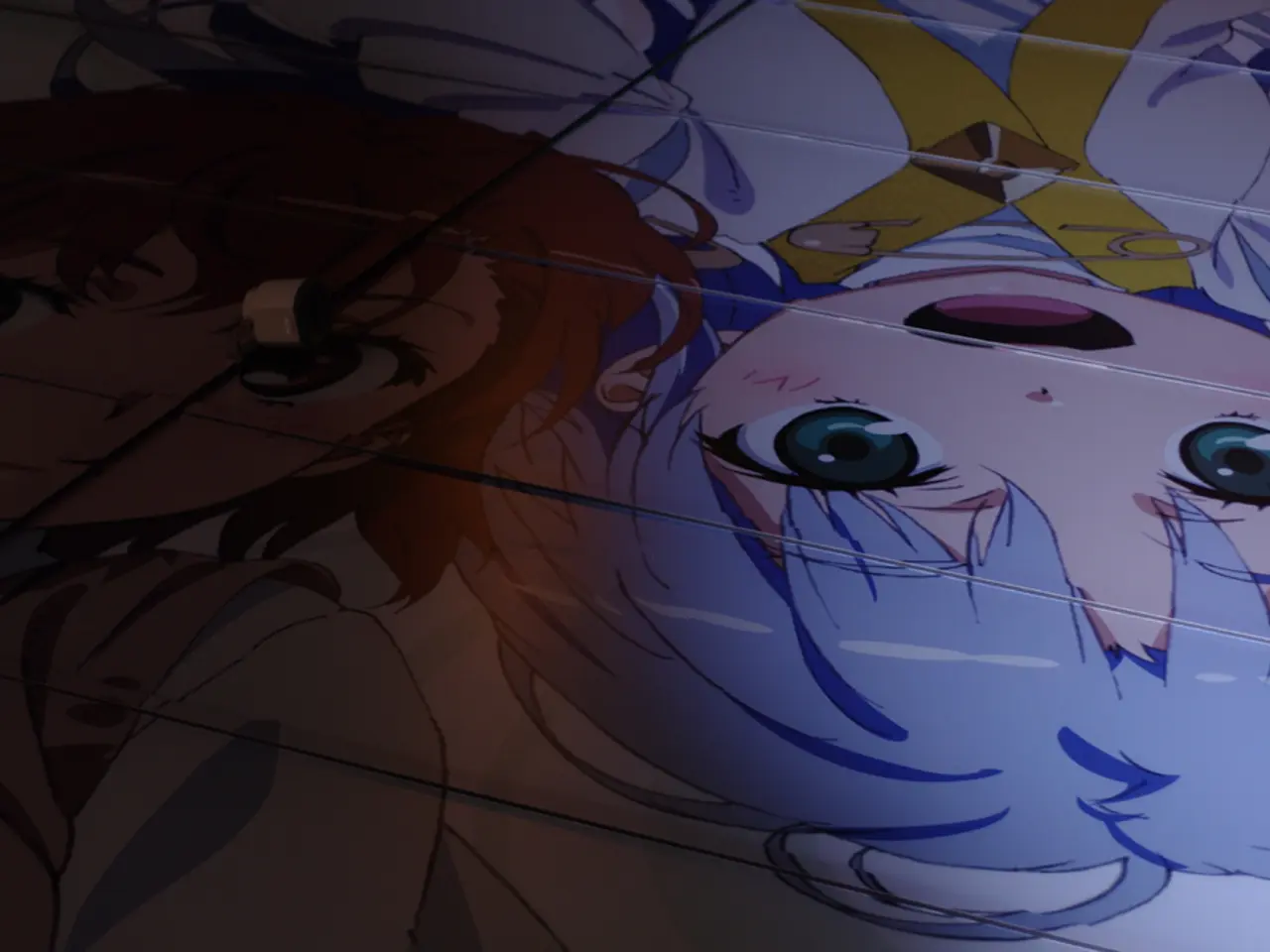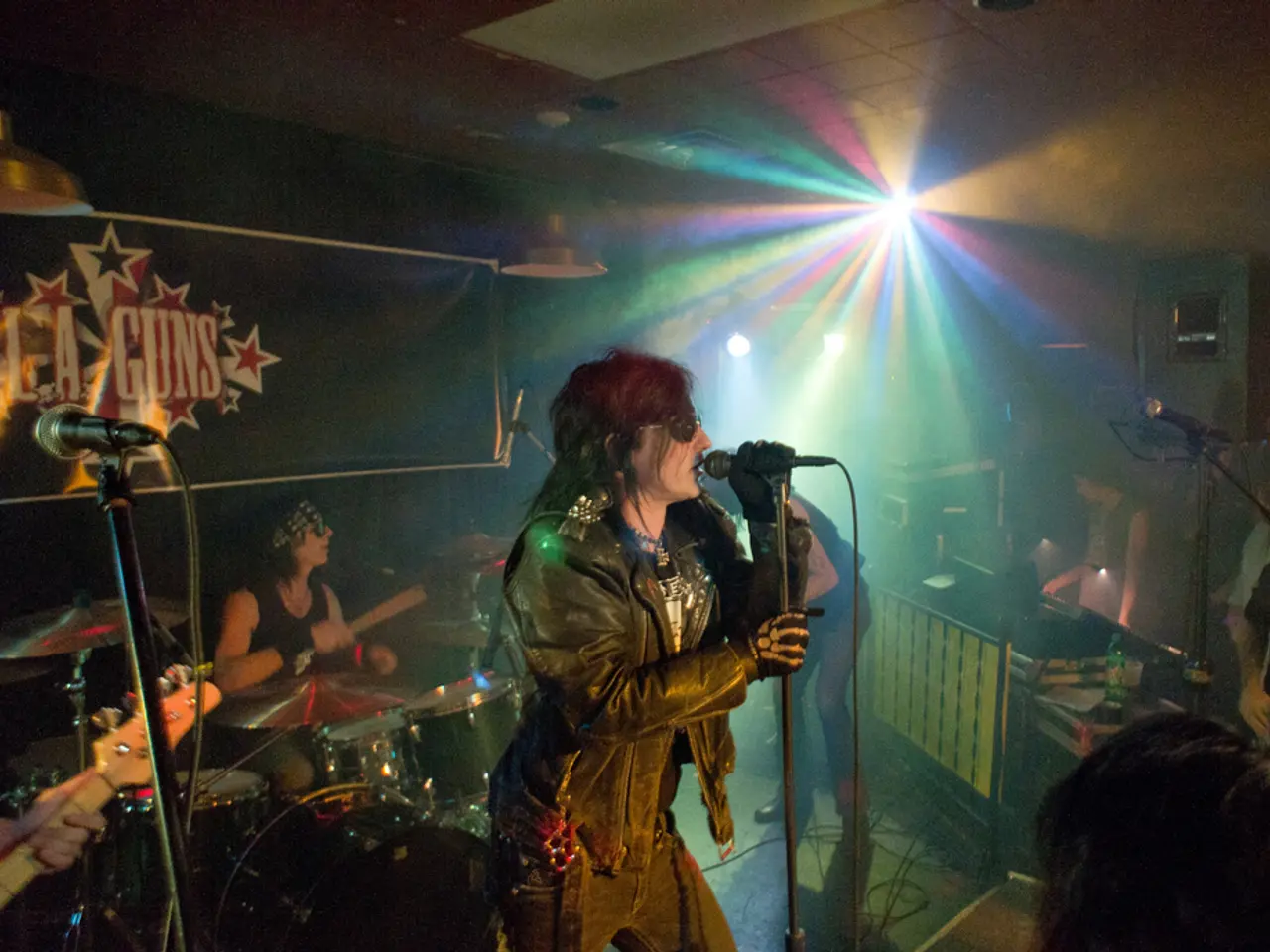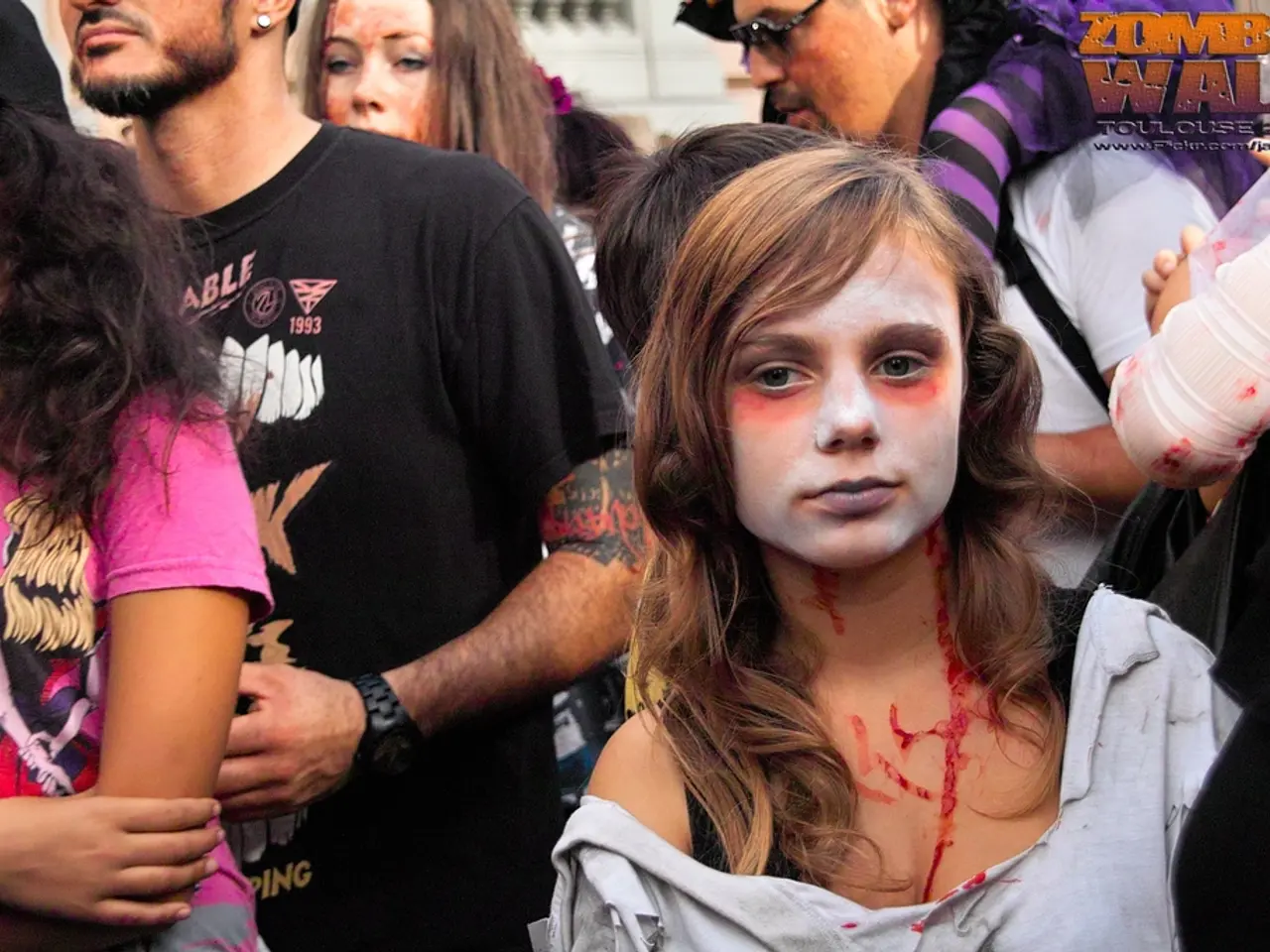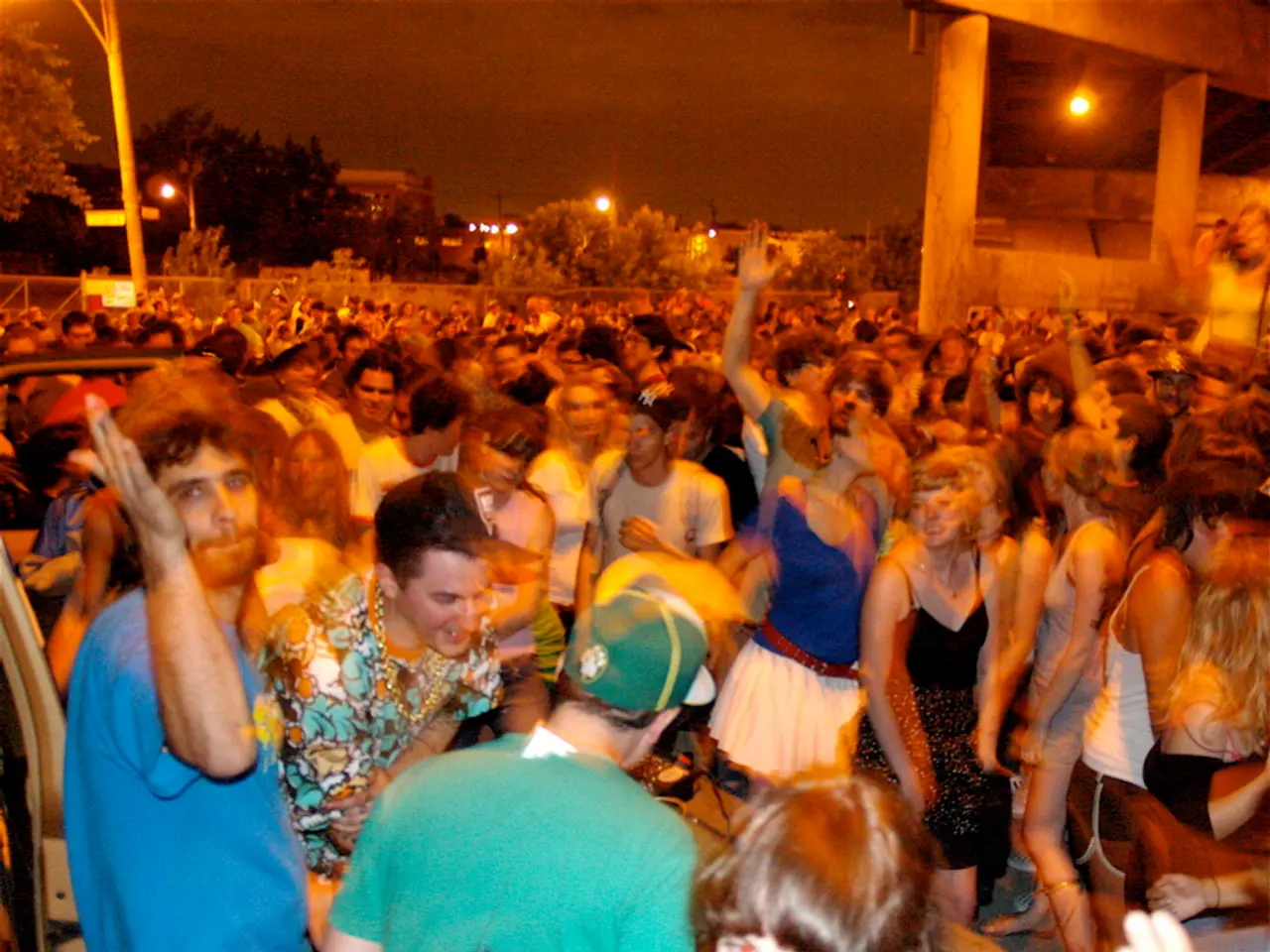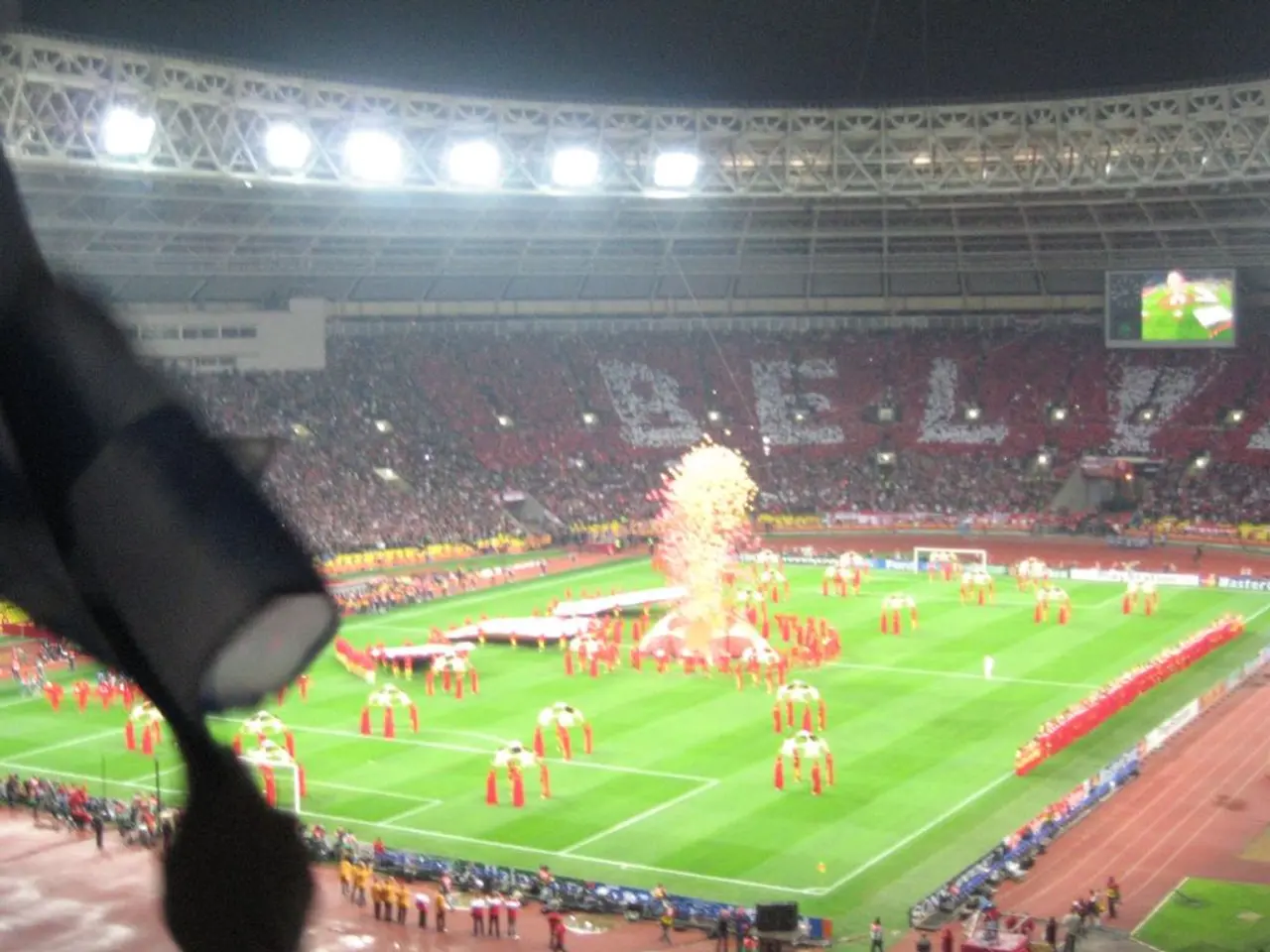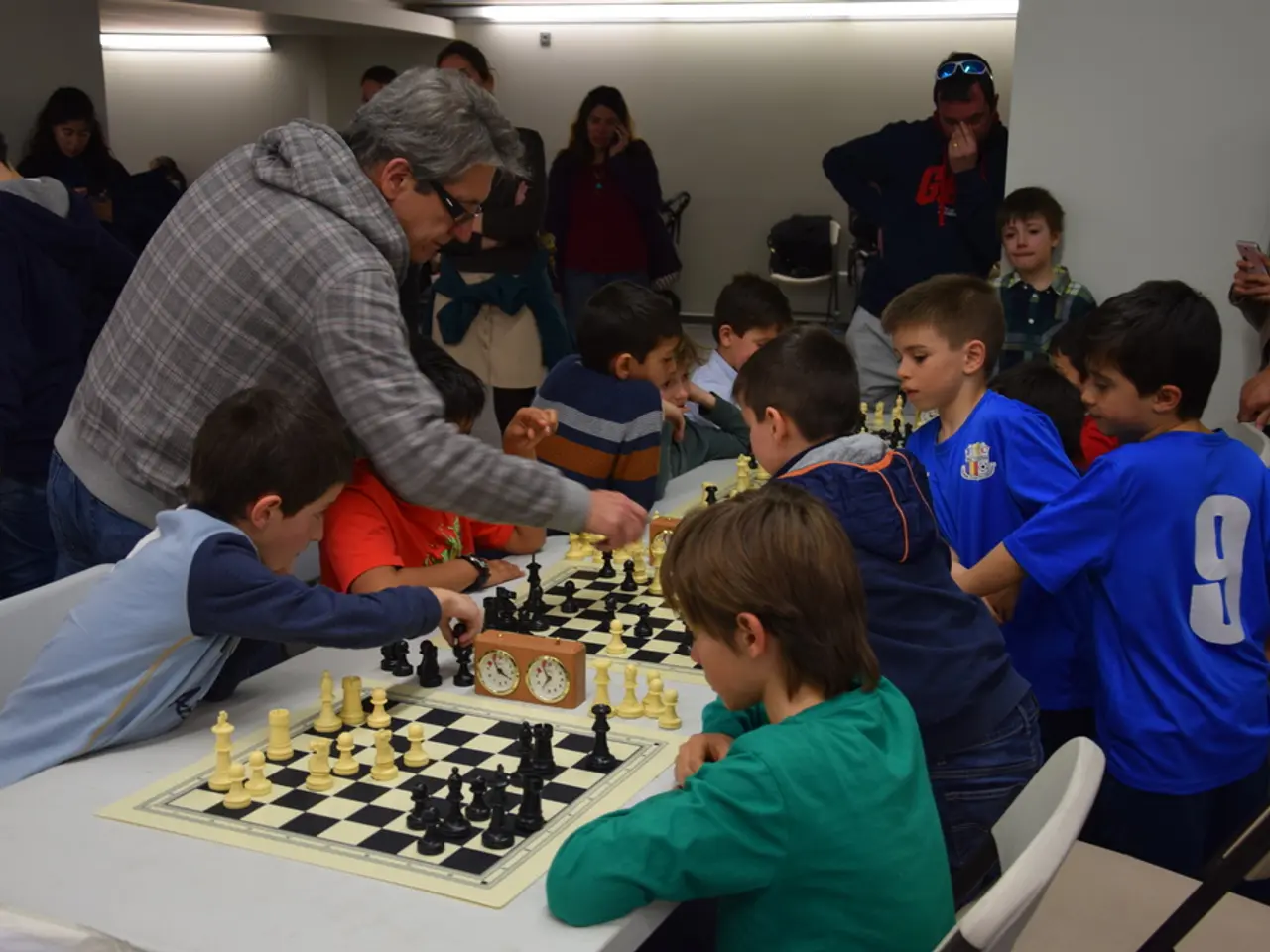Social Media's Influence on Films and Television Series: A Matter of Controversy?
In today's digital age, social media platforms have become a cornerstone of movie and TV promotion strategies. They offer highly interactive, targeted, and engaging marketing campaigns that build anticipation, deepen fan connections, and amplify reach.
Interactive Campaigns and Contests
Social media enables movie and TV marketers to run online sweepstakes, giveaways, and contests, driving active audience participation. For instance, Netflix's Wednesday poster sweepstakes offered branded merchandise as incentives, boosting visibility and creating memorable fan experiences.
Influencer Collaborations
Influencers across platforms like YouTube and Instagram are trusted sources who deliver authentic, in-depth content such as reviews, behind-the-scenes coverage, and personal endorsements. This influencer content has a significantly higher trust level compared to traditional ads, resulting in more effective word-of-mouth promotion and consumer conversion.
Platform-Specific Content Use
Different social media channels serve unique promotional purposes. Instagram focuses on visually engaging photos, short videos, stories, and behind-the-scenes glimpses. YouTube hosts trailers, exclusive content, and original series expansions related to the movie or show. Facebook and Twitter are used for announcements, real-time fan interaction, and conversational engagement to humanize brands.
User-Generated Content (UGC)
Campaigns that encourage fans to create and share their own content foster a sense of community, authenticity, and deeper emotional connection to the franchise. Featuring fan art, cosplay, or experiences makes audiences feel valued and amplifies organic reach.
Viral Social Media Phenomena
Hashtags, memes, and viral challenges related to shows/movies increase visibility and global reach, helping streaming platforms like Netflix tap into international audiences and cultural moments, boosting subscriptions and engagement.
Brand Tone and Consistency
Maintaining a distinct voice and visual aesthetic across social platforms reinforces brand identity and helps attract and retain loyal fans. Netflix's Wednesday marketing efforts exemplify this, with a consistent tone that matches the show's style.
In summary, social media shifts promotion from one-way broadcasting to interactive, multi-channel engagement, combining influencer trust, fan participation, and viral mechanics to maximize the impact of movie and TV marketing campaigns. This results in richer audience engagement and broader, more sustained promotional success.
The future of social media in movie and TV promotion is promising. Emerging technologies like artificial intelligence (AI) will change entertainment by analyzing social media trends to predict what content might succeed and by creating real-time interaction between fans and content. Celebrities will continue to use social media for promotion and engagement, enhancing film and TV credibility through influencer endorsements and fan interactions.
The entertainment industry should embrace new ways of connecting with audiences, invest in workshops or training, team up with tech experts and platforms, and recognize the demand for exclusive content. Strategies for successful film promotion on social networks include teasers and sneak peeks, memorable hashtags, and audience engagement. Successful social media marketing for movies includes strategic campaigns like "Deadpool," where humor and wit matched the film's style.
- Innovation in movie and TV promotion is evident with the use of social media platforms for running online contests, boosting fan participation and creating memorable experiences, as demonstrated by Netflix's Wednesday poster sweepstakes.
- Social media's immense potential for movie and TV promotion is amplified by influencer collaborations, as trusted sources like YouTube and Instagram personalities deliver authentic content, enhancing consumer conversion and fostering effective word-of-mouth promotion.
- Leveraging platform-specific content can build more effective marketing campaigns; for example, Instagram's visually engaging photos and short videos create a strong connection with viewers, while YouTube hosts trailers and exclusive content to deepen engagement.
- The use of user-generated content (UGC) serves to engage audiences further by fostering a sense of community and authenticity, while also amplifying organic reach and creating a deeper emotional connection to the franchise, as seen with fan art, cosplay, and experiences shared on social media.
